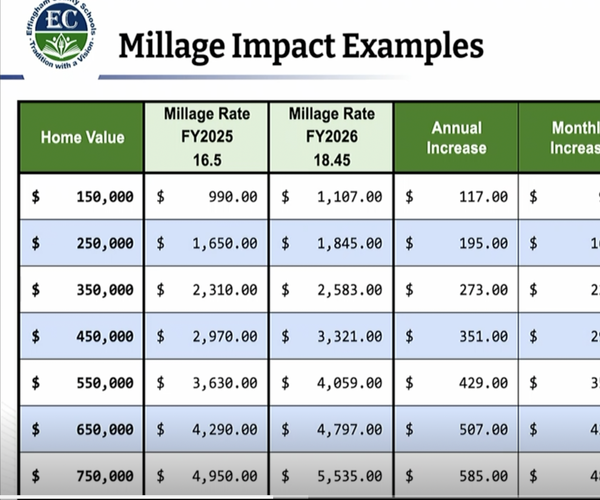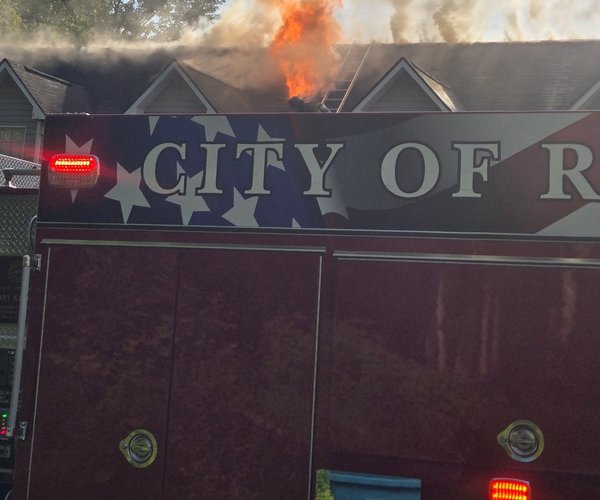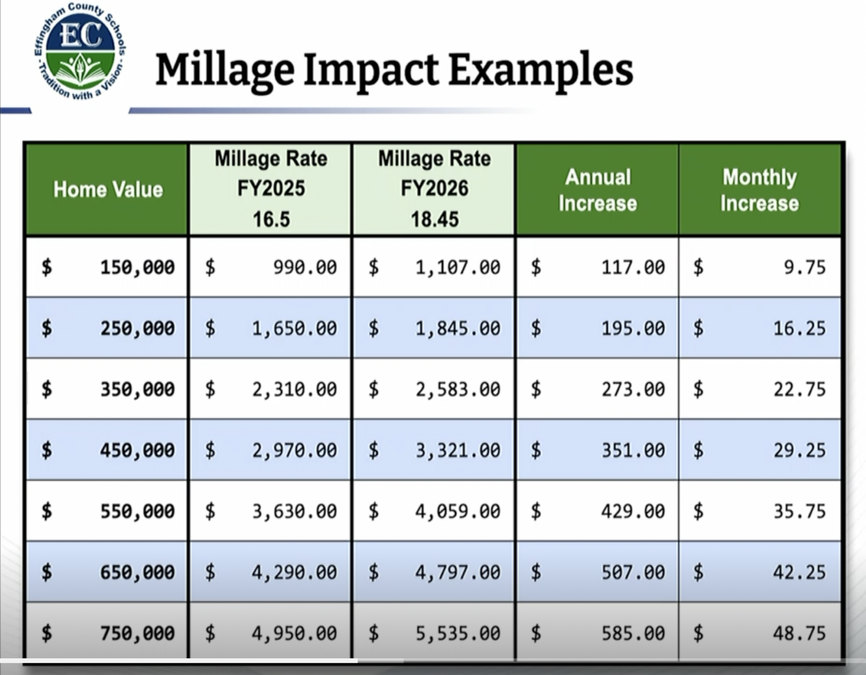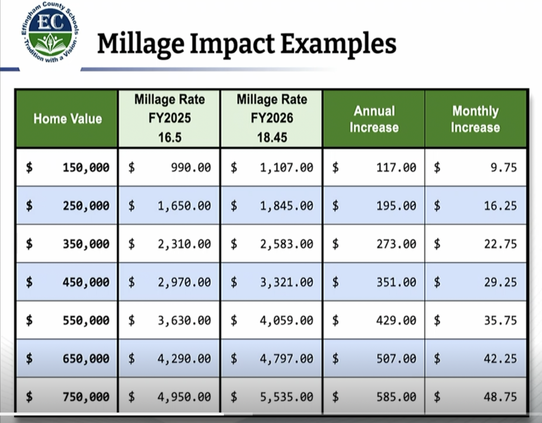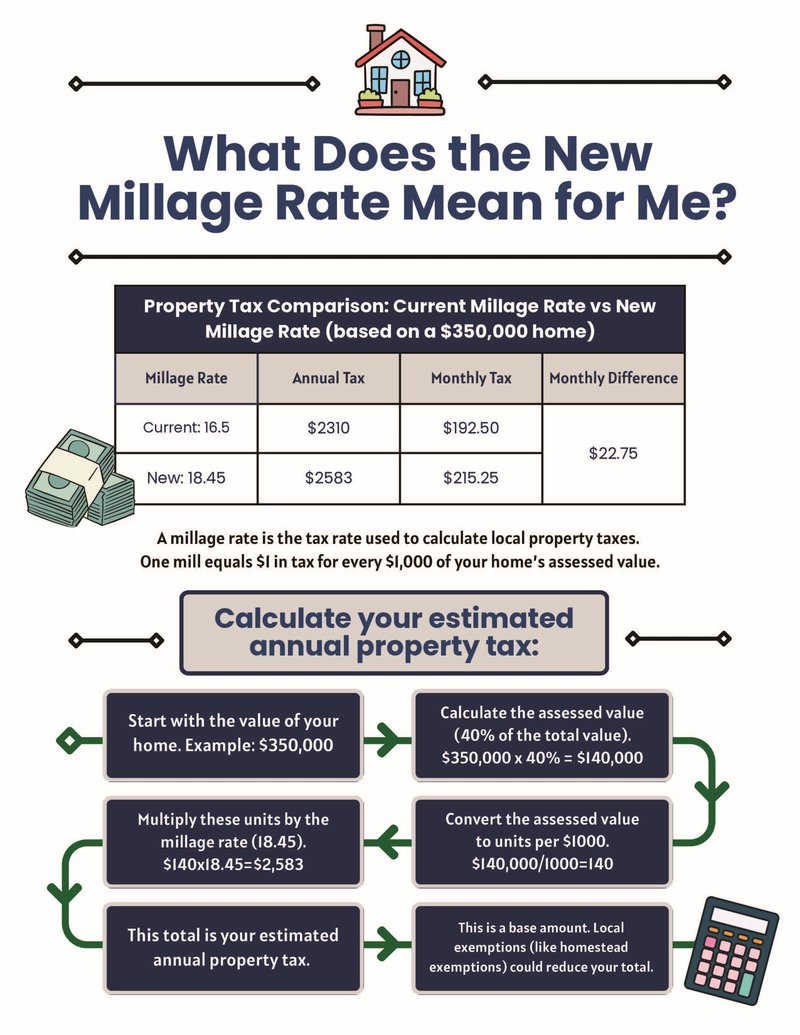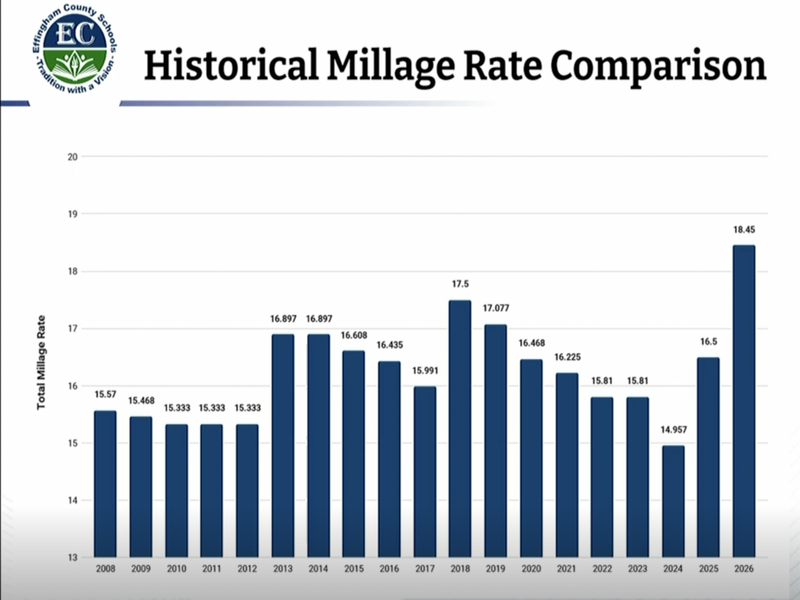Special to the Herald
Savannah -- It’s nearly back-to-school time. For many parents, preparing students for a return to the classroom includes ensuring vaccinations are up to date. Healthy Savannah wants to remind those parents and all adults that now is the time to get their immunizations updated, too.
The Coastal Health District offers free vaccines for adults without insurance through Nov. 30. Effingham County residents who want to see if they qualify for a no-cost vaccine or to schedule an appointment for vaccination should call their local county health department at 912-754-6484.
“You should also schedule your COVID-19 immunization now to avoid the summertime ‘bump’ of higher COVID-19 infections,” said Elsie Smalls, Ph.D., operations manager. “Fortunately, the uninsured and underinsured can still receive these vaccines through the CDC’s Bridge Access Program.”
Local providers offering the no-cost COVID-19 vaccines through Aug. 31 include the Coastal Health District’s Eisenhower Clinic, J. C. Lewis Primary Health Care and several CVS and Walgreens locations.
Warning signs that could signal a rise in COVID-19 infections are already appearing in Georgia and other parts of the U.S., according to the Centers for Disease Control and Prevention (CDC). An interactive map of wastewater testing, which can help detect the spread of COVID in a community, indicates Georgia has “low” virus activity levels of SARS-COV-2 in wastewater, and there is a significant uptick of “very high” levels in several other states including Florida.
In observance of National Immunization Awareness Month (NIAM) in August, Healthy Savannah, in partnership with the YMCA of Coastal Georgia, is highlighting the importance of all routine vaccinations, especially for adults ages 19-64. The organizations are co-administrators of a five-year, $5.1 million Racial and Ethnic

“Adults might fall behind on their vaccinations because some vaccines are relatively new and awareness is low, and because individuals might not get regular medical checkups or have a mistrust of the healthcare system,” said Nichele Hoskins, communication manager. “CDC statistics indicate that only 22% of adults in the US are up to date on their shots. Those rates are even lower among Black at 16% and Hispanic adults at 17%, placing a disproportionate burden of vaccine-preventable diseases on populations who already face other inequities within the healthcare system.”
Life-saving vaccines for adults include: COVID-19, Chickenpox, Hepatitis A, Hepatitis B, Human Papillomavirus (HPV), MMR, Meningococcal, Pneumococcal, Shingles, Tetanus, Pertussis (whooping cough), and Diphtheria.
Healthy Savannah recently conducted a landscape assessment, focusing on gathering feedback from priority Black and Hispanic populations throughout the Savannah area. Nearly half (45%) responded that they had received the latest COVID vaccine with two-thirds (65%) having received the annual flu vaccine. Nearly a third (30%) had received the Shingles vaccine, with 18% having received HPV and RSV vaccines.
Respondents said the factors most important as they were considering whether to receive an adult vaccination were doctor recommendations (80%), trust of medical professionals (70%), cost (38%) news information (33%) and feedback from family and friends (30%). They also responded the three biggest obstacles to receiving adult vaccinations are transportation (25%), cost (25%) and insurance (23%).
The CDC says adults need to keep their vaccinations up to date because immunity from childhood vaccines can wear off over time. People are also at risk for different diseases as an adult and vaccination is one of the most convenient and safest preventive care measures available.
For more information about recommended vaccines for adults, visit the Coastal Health District’s immunization webpage at www.bit.ly/3RQFVNd.


